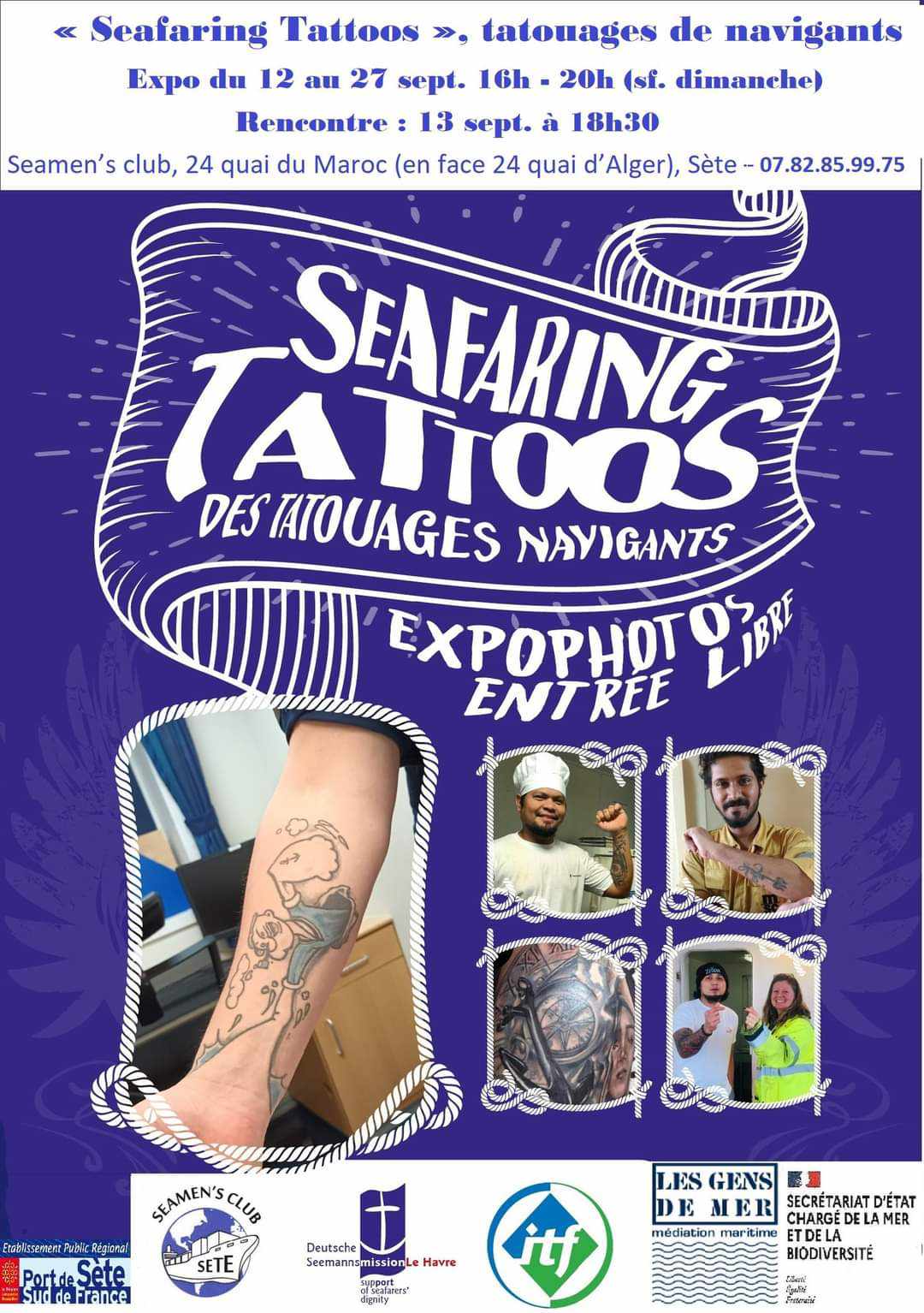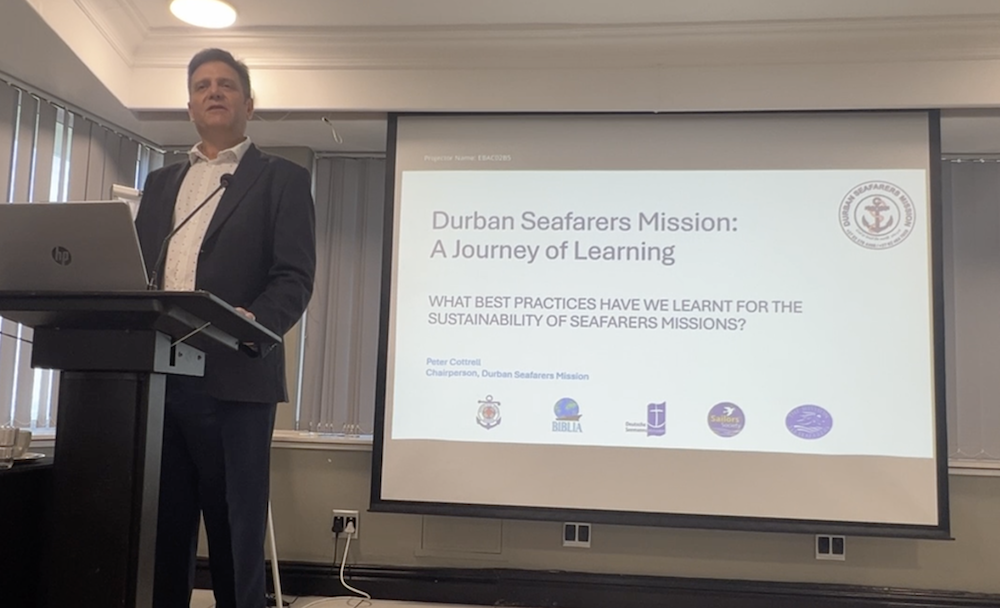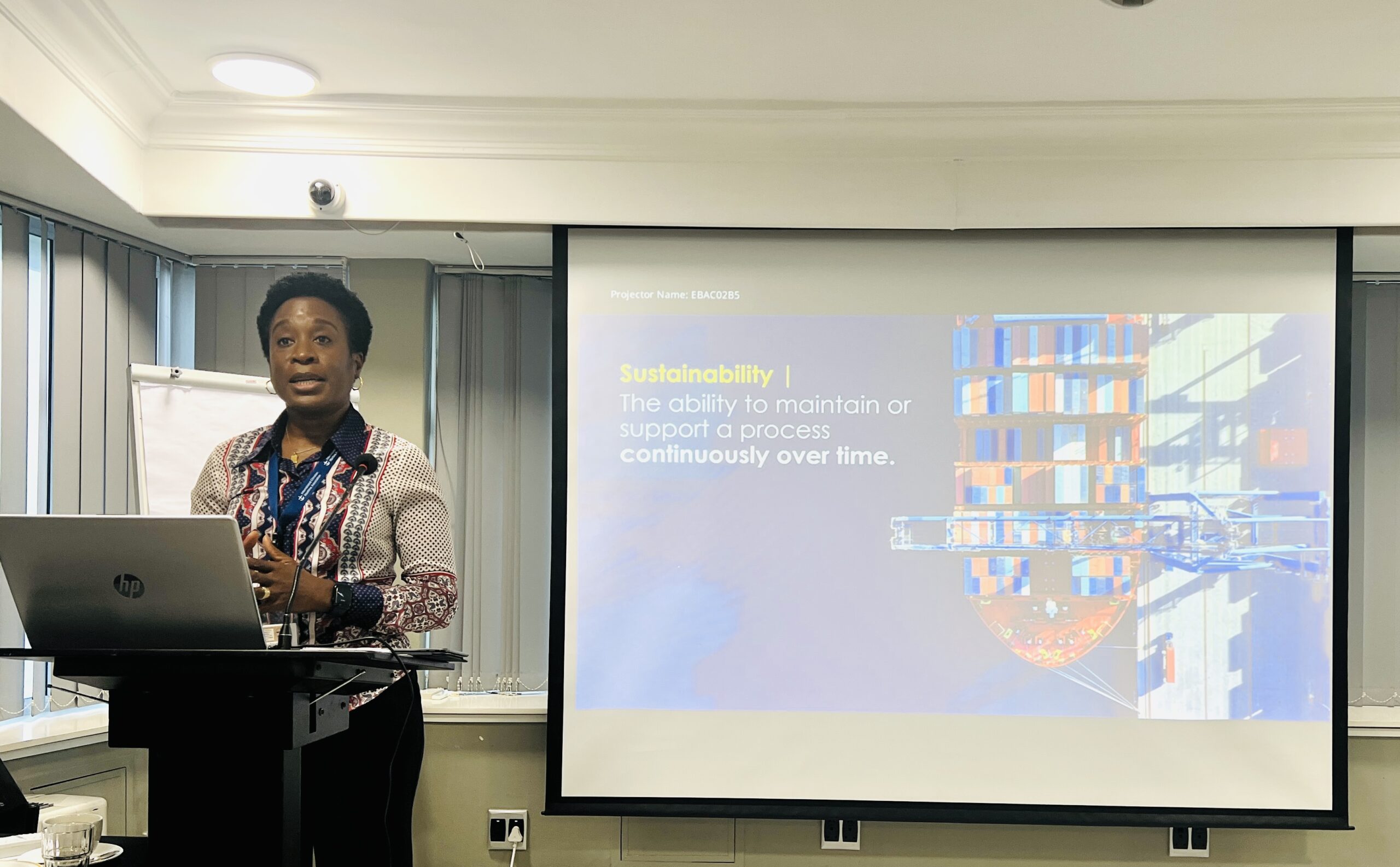by Jason Zuidema
Image: Selection from a chat conversation on April 21 between seafarer and Jason Zuidema on Chat to a Chaplain
In normal times, the best methods to interact with seafarers are physical visits to ships and transport to shops or the seamen’s club. Yet, seafarers’ centres are closed in almost all ports globally and ship visiting is restricted for the foreseeable future to short visits at the gangway only. So how can we have deeper conversations if seafarers wish to speak for a longer time? How do we communicate to them what services we can still provide?
We are all learning that it takes extra effort to be in contact with each other at this time. And we can be thankful that internet developers have given us tools that make more meaningful conversation possible in groups and around the world. We also have the ability to create new tools in digital space that were not affordable or possible even a few years ago.
Large sums of money have been invested by businesses to create seamless communication for their staff and with customers. For example, it is now simply a given that there is easy and accessible customer support on websites. Businesses know they need to create these channels, because being easy to find on the web and ready to talk is not only a way of getting new customers, but a key part in making customers come back.
Seafarers’ ministries don’t operate with the same for-profit business models, but we do operate by cultivating relationships. Many of these technologies are now being put to the task of building up seafarers where normal contact is impossible. It is good to be aware of the big ones, the new ones, and how best to use them.
‘Chat to a Chaplain’
This week ICMA partnered with the Mission to Seafarers to launch the ‘Chat to a Chaplain’ service to offer chaplaincy support to seafarers, fishers and their families during the coming months of coronavirus impacts. The new service is available by clicking on the ‘Chat’ button on the icma.as or missiontoseafarers.org webpages, and is serviced by a team of 25 chaplains from around the world.
The Revd Canon Andrew Wright, Secretary General for The Mission to Seafarers and Chairman of ICMA, commented: “Providing a digital alternative to the usual support networks and channels is essential to enhancing remote welfare services, particularly where WiFi is available, to help ensure seafarers are supported during these uniquely challenging times. In collaborating with other maritime charities, we can ensure this platform is providing the best service possible to those on the front line of international trade.”
A key feature will be to direct those seafarers who contact the service to local port chaplains or partners around the world who might be best able to respond.
More Chat Services
A number of other chat services are available for seafarers faced with the stress of the coronavirus who might wish to talk to a chaplain. ISWAN runs SeafarerHelp, a 24-hr multilingual helpline. SeafarerHelp has seen a spike in the number of calls in the past weeks, especially about repatriation and getting new contracts. Similarly, Sailors’ Society’s Wellness at Sea 24-hr chat service has also witnessed a significant increase in requests related to these subjects.
The Danish Seamen’s Church and the Deutsche Seemannsmission have begun new chat services also in the past weeks. The Danish service, Samtaler Til SØS, is available at select times and days throughout the week. Danish Seamen’s Church pastor, Rev. Julianne Sloth Bach, noted: “This new chat service for seafarers is based on a similar service in the Danish church that has been very successful in the past years. This service has great meaning, as there are people that wish to speak anonymously to a pastor.”
The Deutsche Seemannsmission service at dsm.care, is hosted on a dedicated server that allows anonymous chat, should the seafarer wish. Chaplain Matthias Ristau of the Seemannspfarramt der Nordkirche in Hamburg noted that this chat service has already been in the works for some time, and is “about pastoral care in a broad sense – to have someone to talk with when the seafarer is lonely or in a desperate situation.”
Social Media
The easiest methods are using the free tools that the internet provides. In the past, many ship visitors had already shared their contact information on social media or via their email contact lists so that visiting seafarers could know what was available to them. Most seafarers’ ministries have also redoubled their efforts to reach out to seafarers using other media channels, posting daily about how they deliver packages to ships or make gangway visits.
Using those same tools, many ministries have also created or curated content that seafarers might view. Such content includes useful videos about how to avoid the coronavirus, but also – especially in the Easter period – videos about faith and a meaningful life: the Deutsche Seemannsmissions and Stella Maris in Hamburg put together a special online Easter service for seafarers and crew members, Mississippi River chaplains Kempton Baldridge and Thomas Rhoades of The Seamen’s Church Institute have started a new series on stress and resilience, and chaplain Leon Rasser in Amsterdam has been releasing encouraging sermons on facebook for the past number of months.
The focus on good content is great, but we are soon faced with a real problem of access. The current situation is so unstable that it is hard to keep information on services up-to-date, especially for ships that have not visited before. Also, remember that social media tends to amplify conversations with those with whom we are already in contact – all the content we are sharing might end up shared just with our own people, rather than with seafarers who might actually need that up-to-date information and encouragement.
Specialized Tech
Internally, online conference calls on calling services have become the new norm for work together. Many chaplains have been in touch with their colleagues in their ministry organizations through such services, using it both to learn from each other and pray with each other. Online options for training are also available: maretraining.com, developed by the North American Maritime Ministry Association, has easy-to-access online courses on things like the MLC, 2006, crisis response, and talking with seafarers. 105 students have registered for that online training since it launched late last year, logging more than 1000 hours of training time in total in the past months.
Port-local tech
To facilitate local work, several seafarers’ ministries have created apps that can give local information, including the Mariner’s Club in Hong Kong and the Montreal Ministry to Seafarers. Information on local seafarers’ centres has long been available at SeafarerHelp or on the ITF Seafarers’ Trust ShoreLeave app, but during this period of restrained services that information is not up-to-date. For more granular data on ship visitors and local port resources, a website still in development, portvisitor.com, aims to be the best resource on the web for local port welfare information. It is being produced by the International Port Welfare Partnership, a project of ISWAN that is managed by the UK Merchant Navy Welfare Board with representation on its executive committee from industry, labour and ICMA’s General Secretary.
Not every technology is for everyone, but overall we hope that this new wave of options will help us help seafarers. More promising things still are sure to come in the future, but already there is likely something new for everyone to try. We look forward to seeing its results.





